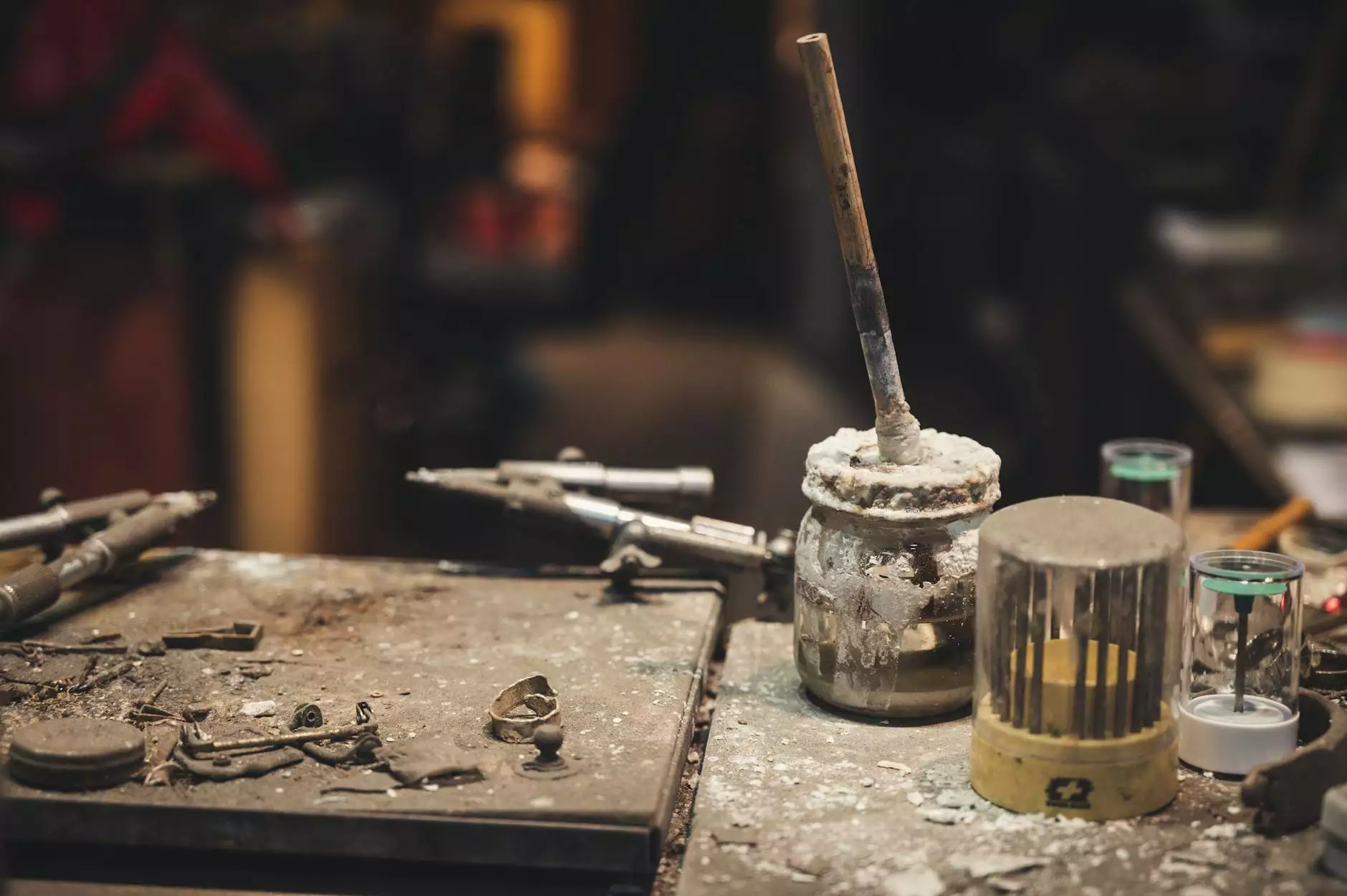Understanding Plastic Surgery Instruments: A Vital Component of Modern Healthcare

In the field of health and medical advancements, the significance of precision and efficiency cannot be overstated. Among the critical elements that ensure successful outcomes in surgical procedures are plastic surgery instruments. These tools not only facilitate the intricate tasks of surgeons but also play a pivotal role in patient safety and recovery. In this article, we will explore the diverse categories of plastic surgery instruments, delve into their specific functions, and highlight their importance in the health markets and medical supplies sectors.
The Role of Plastic Surgery Instruments in Surgical Procedures
Plastic surgery instruments encompass a wide array of tools specifically designed for various surgical procedures, including cosmetic and reconstructive surgeries. Each instrument serves a unique purpose, contributing to the overall efficiency and safety of surgical operations.
From scalpels and forceps to retractors and suturing needles, every piece of equipment is crafted to meet the rigorous standards of the healthcare industry. Understanding the roles and applications of these instruments is crucial for medical professionals and their patients alike.
Types of Plastic Surgery Instruments
Plastic surgery instruments can be categorized into several groups based on their functionality. Below are some essential types:
- Scalpels: Sharp surgical knives used for making incisions.
- Scissors: Tools designed for cutting tissue, sutures, or dressings.
- Forceps: Tweezer-like instruments used to grasp and hold tissues or other objects.
- Needle Holders: Instruments that assist in holding needles while suturing.
- Retractors: Devices that hold back tissues to provide better visibility and access during surgery.
- Suction Devices: Instruments that remove fluids from the surgical site, reducing the risk of infection.
The Importance of Quality in Plastic Surgery Instruments
Quality is paramount when it comes to plastic surgery instruments. The materials used, the manufacturing processes, and the maintenance of these tools directly impact surgical outcomes and patient safety. Here are several reasons why quality matters:
1. Enhanced Precision and Control
High-quality instruments allow surgeons to operate with increased precision. For instance, a finely crafted scalpel will enable a surgeon to make delicate incisions with minimal tissue trauma, reducing recovery times and enhancing results.
2. Patient Safety
Using reliable instruments minimizes the risk of complications during and after surgery. Poorly manufactured tools can break or malfunction, potentially leading to serious consequences. Therefore, investing in top-tier equipment is essential for healthcare providers.
3. Durability and Longevity
High-quality plastic surgery instruments are built to last. This durability translates into cost savings over time, as facilities do not have to frequently replace tools that wear out quickly. By choosing instruments that are manufactured with longevity in mind, medical institutions can focus more on patient care rather than equipment maintenance.
Advancements in Plastic Surgery Instruments
As technology continues to evolve, so does the design and functionality of plastic surgery instruments. Innovations in materials, ergonomics, and technology have led to the development of cutting-edge tools that enhance surgical efficacy.
1. Advanced Materials
Modern instruments are increasingly being made from materials such as titanium and high-grade stainless steel, which provide strength and resistance to corrosion. These advancements ensure that the tools remain sterile and safe for use.
2. Ergonomic Design
Attention to the ergonomics of surgical instruments is vital. Tools that fit comfortably in a surgeon’s hand reduce fatigue during lengthy procedures, allowing for better concentration and performance.
3. Integration of Technology
The introduction of technology, such as laparoscopic instruments, has revolutionized minimally invasive surgery. These tools allow for smaller incisions, leading to reduced postoperative recovery times and less scarring for patients.
Sourcing Quality Plastic Surgery Instruments
For medical professionals and institutions, sourcing quality plastic surgery instruments is critical. Here are some guidelines to ensure the best purchasing decisions:
- Research Reputable Suppliers: Look for established suppliers in the healthcare sector. A well-respected company like new-medinstruments.com offers a wide range of high-quality medical supplies and has a reputation for excellence.
- Check Certifications: Ensure that the instruments comply with relevant health and safety regulations and certifications.
- Read Reviews: Customer feedback can provide valuable insights into the quality and reliability of the instruments.
- Request Demonstrations: If possible, test the instruments in a controlled setting to assess usability and performance.
Conclusion
In conclusion, plastic surgery instruments are indispensable in the realm of surgical procedures, aiding medical professionals in achieving optimal results. The importance of quality, advancements in technology, and effective sourcing cannot be overstated. Investing in the right tools not only enhances surgical efficacy but also prioritizes patient safety and satisfaction.
As the field of plastic surgery continues to evolve, staying abreast of the latest developments and innovations in surgical instruments will ensure that healthcare providers remain at the forefront of patient care.









